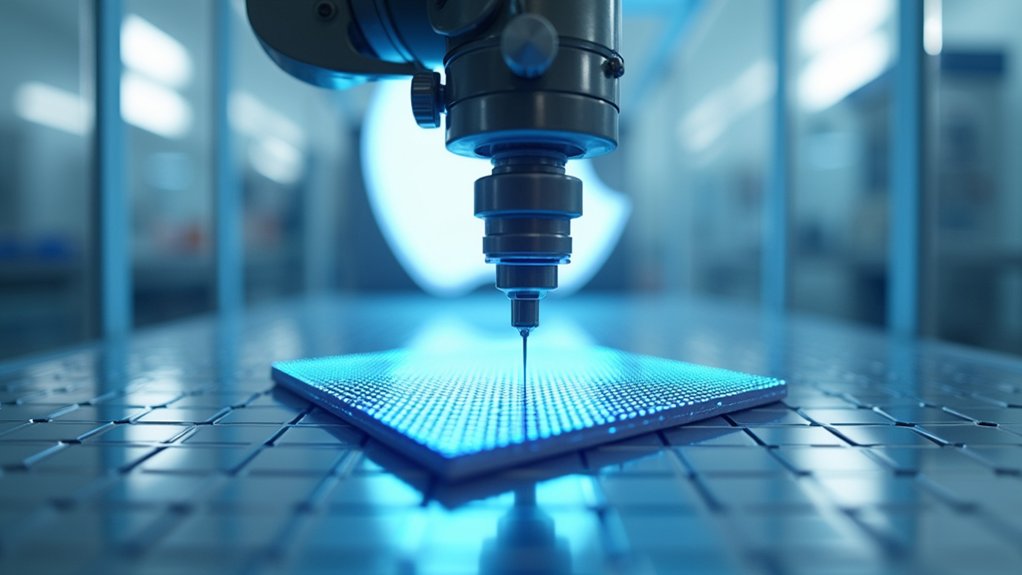Apple’s iPhone 18 is getting a serious tech upgrade – and a price bump to match. The shift to cutting-edge 2nm chip technology means a whopping 70% increase in production costs, with each device costing $35 more than current models. While the new chips promise faster processing and better energy efficiency, consumers will feel the pinch across all iPhone 18 models. The real question: will the performance leap justify emptying more wallets?

The next iPhone is going to hit wallets hard. Apple’s upcoming iPhone 18 lineup is facing a steep price increase, thanks to the company’s ambitious leap to 2nm chip technology. The culprit? A whopping 70% jump in chip production costs, with TSMC’s new manufacturing process adding $35 more per device compared to current 3nm chips.
It’s not just about cramming more transistors onto silicon wafers. This next-gen chip technology represents a massive gamble for Apple, but one that could pay off big time in performance. The 2nm chips promise faster processing, better energy efficiency, and enhanced AI capabilities. Think of it as strapping a Ferrari engine into your pocket – except this one won’t set your pants on fire. Recent tests show that signal travel speed has dramatically improved with the new architecture. Ming-Chi Kuo has consistently predicted this technological advancement.
Early reports from TSMC’s labs show promising results, with yield rates exceeding 70% in early 2025. That’s tech-speak for “We’re not completely messing this up.” The real kicker? Apple might actually put these fancy new chips in all iPhone 18 models, not just the Pro versions. Talk about spreading the wealth – and the cost.
The performance gains could be substantial enough to justify the price hike. These 2nm chips are expected to deliver significant improvements in CPU and GPU operations, making current phones look like they’re running on hamster wheels. Battery life should improve too, though you’ll still probably be hunting for outlets by dinner time.
Market analysts are already bracing for consumer reaction to the higher prices. Some buyers might decide their current phone isn’t so bad after all, while others will inevitably camp outside Apple stores anyway. The move could ripple through the entire smartphone industry, as competitors scramble to match Apple’s tech prowess.
The bottom line? Your next iPhone upgrade might require a bigger budget, but you’ll be getting some serious processing muscle in return. Just don’t expect Apple to feel bad about charging more – they never do.





